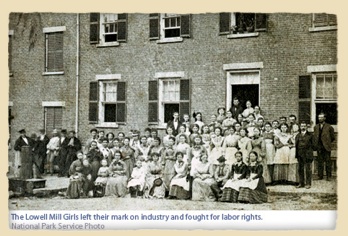 Finding all the pieces of this jigsaw puzzle to create the picture of a woman who lived so long ago can be a challenging and yes, frustrating venture.
Finding all the pieces of this jigsaw puzzle to create the picture of a woman who lived so long ago can be a challenging and yes, frustrating venture.
Lizzie May Ulmer lived over 150 years ago. Based on reviews of her work, she was a very good actress however she was never to make such a mark on the stage as to be recognizable to today’s theatre buff. Perhaps that is why I write about her. Lizzie May lived a life that we can only imagine. She lived through the Civil War, the Industrial Revolution and the advance of the railroad. She lived through a change in this country the likes of which we will most likely never see again. Strong-willed, she chose an unusual path for a woman of the time. By choosing a career on the stage she took control of her life in the only way that a woman of the late 1800’s could. Actresses traveled, handled their accounts and lived with more freedoms than most women of the Age. That alone speaks volumes about the type of woman that Lizzie May was.
When we last left Lizzie May and her husband George they had survived one of the worst fires in Canadian history , literally escaping with the clothes on their backs. They headed back to Boston to recover and decide on their future.
Please join me as I continue on my quest to remember a woman who lived a life well lived.

